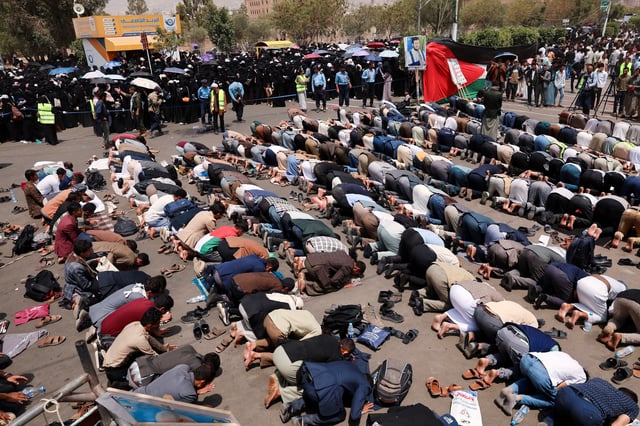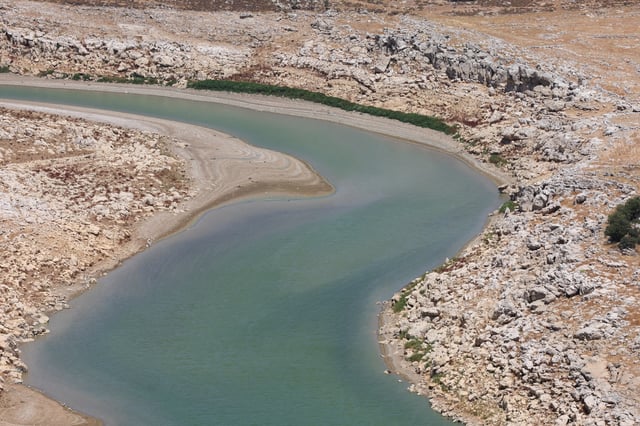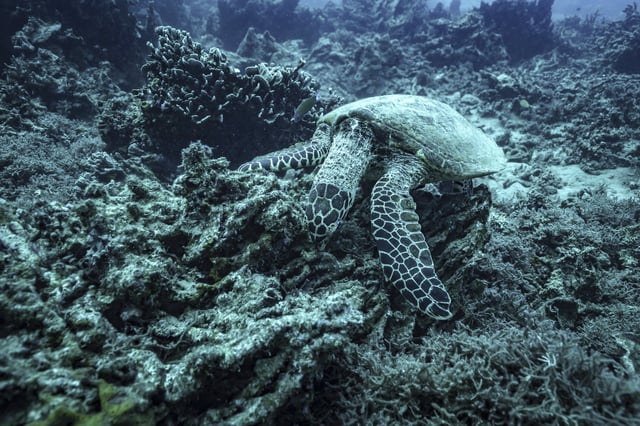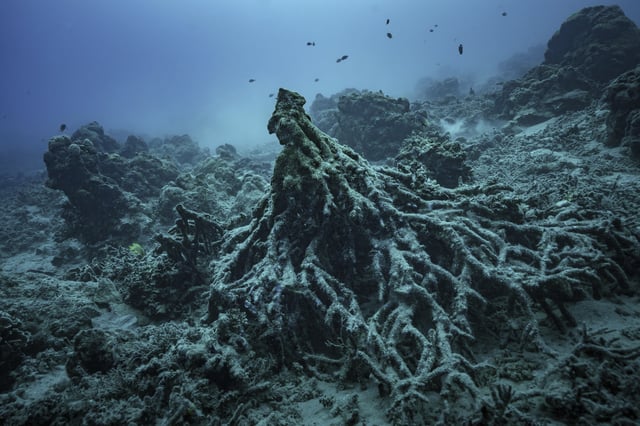Overview
- More than 100 oral submissions during December’s hearings made this the largest case in ICJ history as it prepares its first advisory opinion on climate obligations.
- The UN General Assembly asked the court to clarify states’ duties to prevent greenhouse gas pollution and outline consequences for those whose acts and omissions cause significant environmental harm.
- Vulnerable low-lying nations and youth-led groups champion the opinion as a means to unify legal standards, drive ambitious national policies and strengthen climate litigation.
- High-emitting countries including the United States and India argue existing UN frameworks, notably the Paris Agreement under the UNFCCC, are sufficient and resist new legal mandates.
- Although advisory in nature, experts say the opinion will carry substantial moral and political influence, building on recent non-binding rulings by the International Tribunal for the Law of the Sea and the Inter-American Court of Human Rights.



